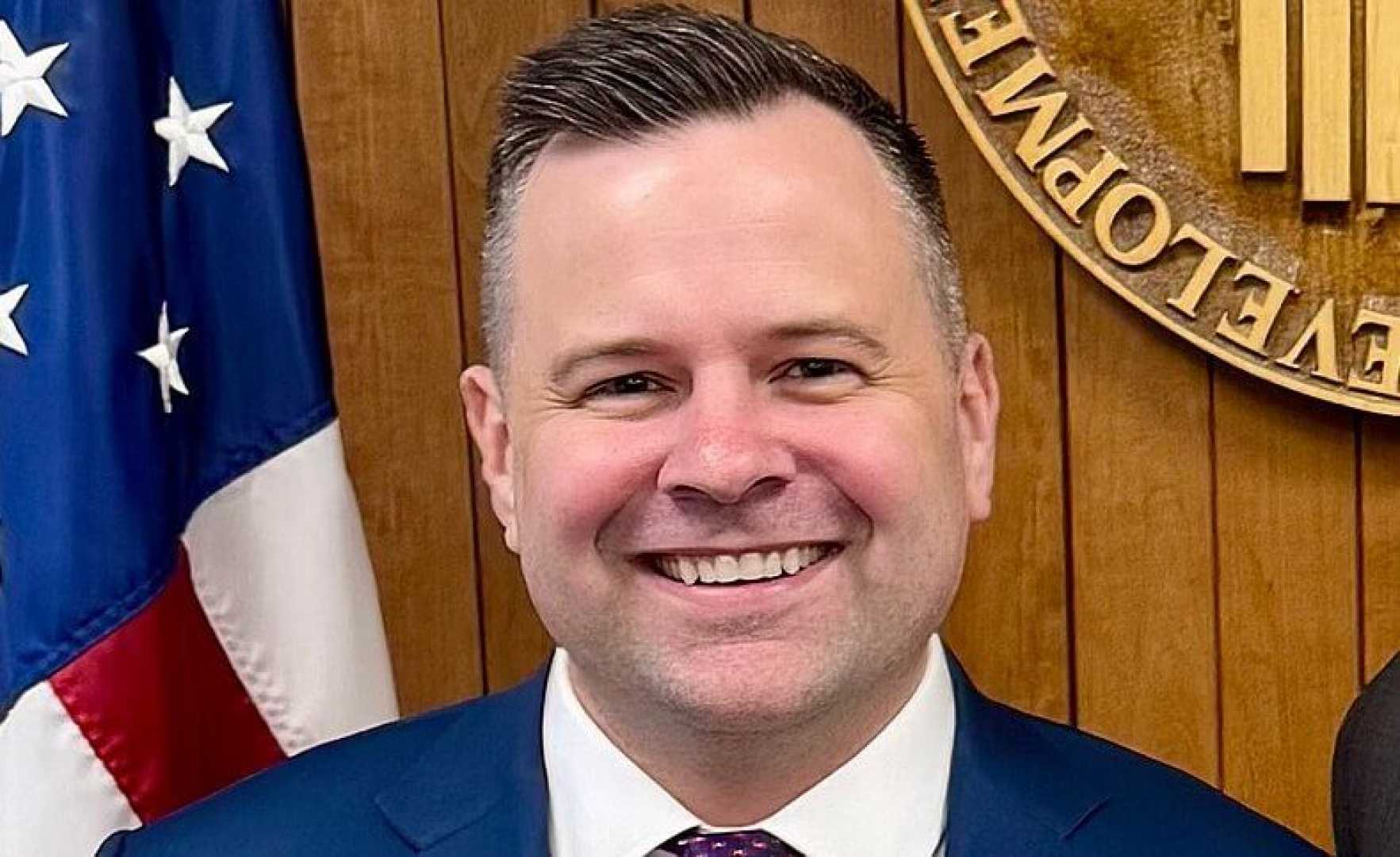Business
Bill Pulte’s Impact on Market Dynamics Raises Concerns

Washington, D.C. — Bill Pulte, the newly appointed chairman of the Federal Housing Finance Agency (FHFA), is reshaping the market landscape amid a whirlwind of retail investor activity and social media influence. Pulte, a self-made billionaire known for his role in meme stock phenomena, has drawn attention for his bold claims regarding potential shifts in Federal Reserve leadership.
Recently, Pulte suggested that Federal Reserve Chair Jerome Powell might resign early in 2025. This unverified assertion, coupled with Pulte’s history of promoting stocks like GameStop (GME) and Bed Bath & Beyond (BBBY), illustrates how social media figures can significantly sway market sentiment, often at the expense of sound economic principles.
His engagement with retail investors, especially during pivotal moments like GameStop’s short squeeze in 2021, has positioned him as a champion for individual investors against institutional players. However, as demonstrated with BBBY, his influence can lead to disastrous consequences, with shares plummeting 97% post-delisting after he galvanized investor interest despite the company nearing bankruptcy.
With his dual role as a regulator of entities overseeing the $7.7 trillion mortgage market, like Fannie Mae and Freddie Mac, Pulte’s personal investment ties and social media presence raise serious questions about potential conflicts of interest. Pulte has claimed he will recuse himself from decisions that affect his investments, but critics argue that his public statements create a blurred line between the duties of a regulator and the role of a retail advocate.
One of Pulte’s recent tweets suggesting Powell’s potential resignation triggered a 0.3% drop in the S&P 500, showcasing his tweets are now viewed as significant market indicators. Despite the Fed’s insistence on Powell’s continued leadership, Pulte’s comments amplified doubts about the central bank’s stability.
This uncertainty feeds into a market environment where retail investors might treat influencers’ opinions as actionable insights rather than relying on fundamental analysis. Stocks like BBBY, despite financial distress, found temporary boosts due to Pulte’s advocacy, exemplifying how sentiment can disrupt traditional investment strategies.
As Pulte’s influence expands, investors may need to adapt. Strategies such as using inverse volatility ETFs to hedge against sudden market swings or focusing on stable industries like utilities are becoming more relevant in an era where social media impacts market behavior.
As regulators grapple with the implications of social media influence on financial markets, the challenge remains clear: developing frameworks to ensure transparency and prevent potential manipulation by those straddling the line between market advocate and influencer. In the evolving landscape shaped by figures like Pulte, vigilance and strategic planning are essential for investors navigating this new reality.












